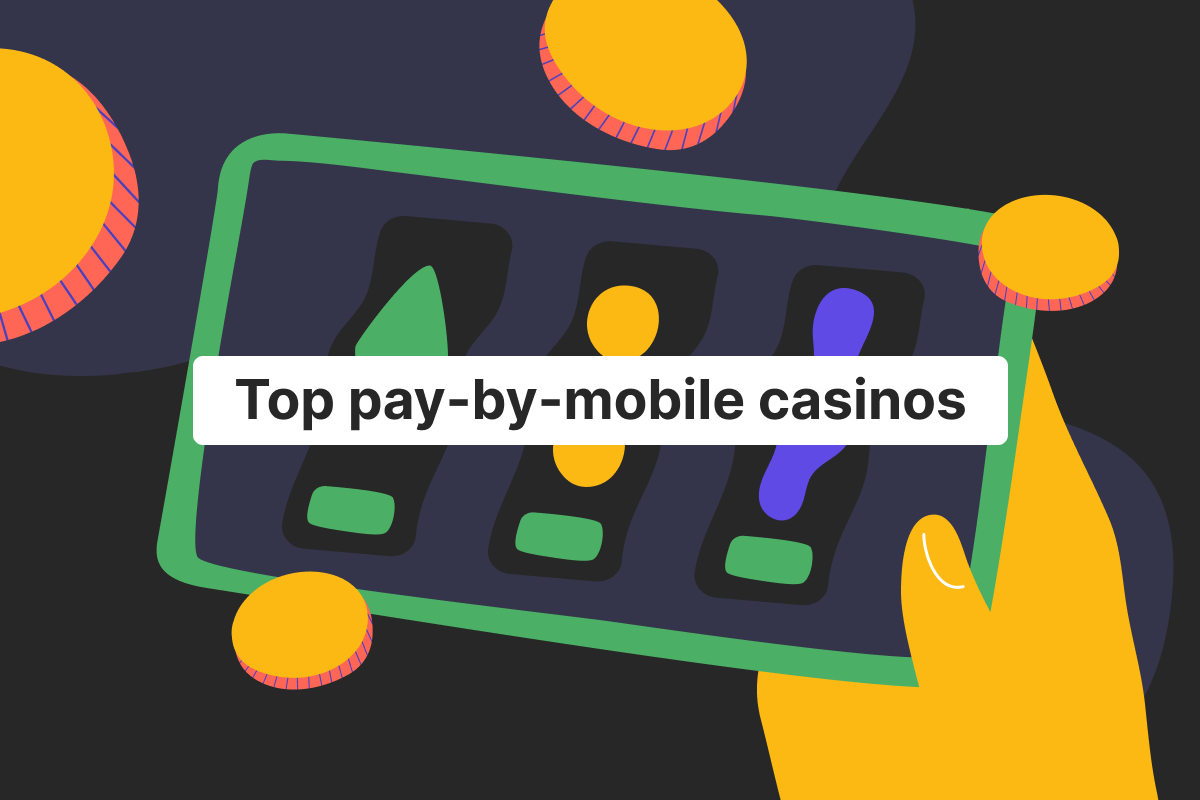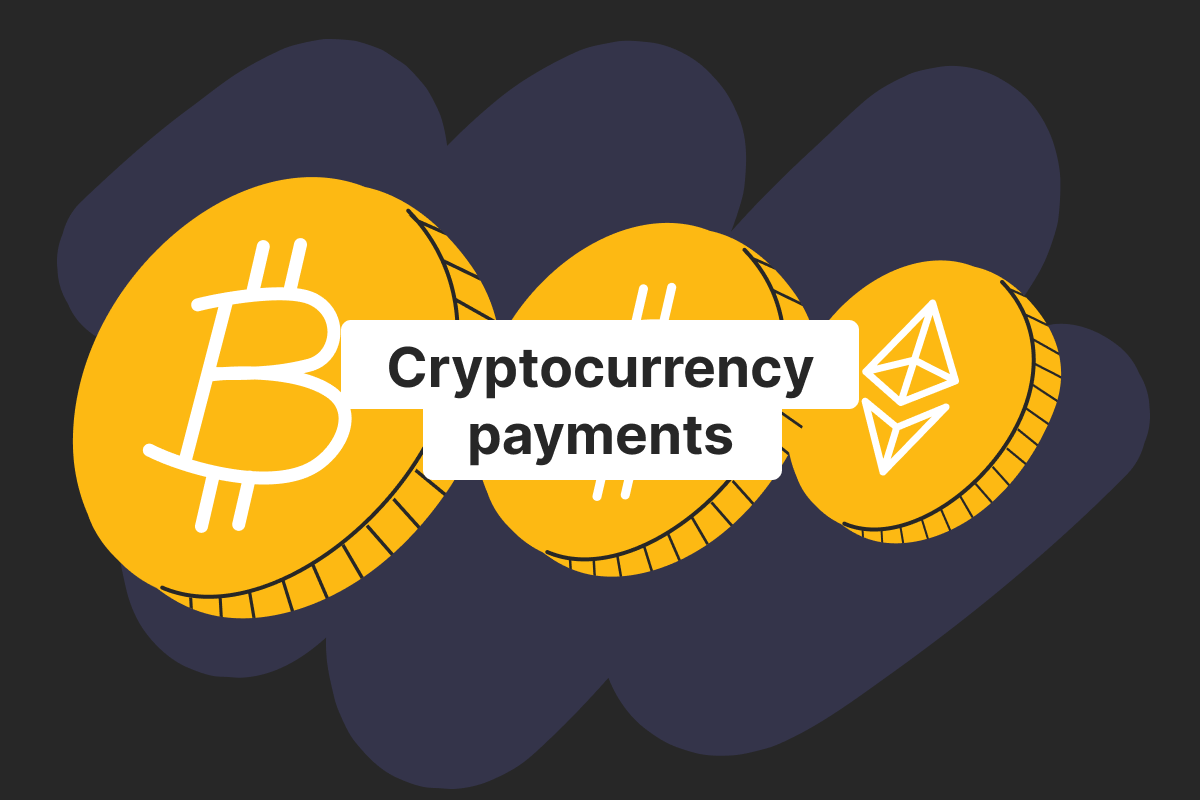Genome Blog / articles / The best eWallets with physical cards
Aug. 23, 2022
Online banking is replacing traditional brick-and-mortar banks in different parts of the world. Yet, despite all the benefits, there are situations when we still need to use cash, physical cards, or, at least, to have them just for the sake of it. In today’s article, Genome will describe the best providers of eWallets with physical cards – how they work, if you need one, and how to select one.
What is a mobile wallet, and why do you need it
We’re starting with the explanation of a mobile wallet and how it functions. A digital wallet (mobile, eWallet – we will be using these terms as synonyms in this blog post) – is a digital solution for storing card details and making payments (in-app, in-store, and online). Google and Apple eWallets with physical cards are probably the best examples of such software.
Mobile wallets usually come in two versions: a smartphone and a web application. The latest technologies allow us to expand the functionality of online wallets much further than just saving card details. In fact, full-fledged mobile wallets now function and have the majority of features of a regular bank account, beginning with credit cards and ending with loans.
So, what are the benefits of choosing eWallets with physical cards? First of all, you will have all the necessary banking functions just in one mobile application. The fintech companies nowadays create super-apps where one can not only manage their finances but also book housing or plane tickets, trade cryptocurrencies, and even receive bonuses. Don’t forget basic features such as internal and external transfers, currency exchange, instant transfers, card payments, etc. Secondly, using one of the eWallets with physical cards provides additional safety as one can pay not only with their smartphone but also with an actual card when needed.
Let’s imagine that you need to make an urgent purchase in a local grocery store, but your smartphone with an Apple/Google Wallet installed on it is out of battery, or you’d forgotten it at home. In this case, an old good physical card or cash are the only options to make a payment. Unfortunately, such situations often happen when we’re the least expecting them – like on vacation or in some smaller city.
Top providers of eWallets with physical cards
We will now go through the best providers of eWallets with physical cards that have gained wide recognition from users globally:
Genome
This fintech provides a whole bunch of services: personal, business, and even merchant accounts. Physical and virtual cards are available for both personal and business users. You can accept funds and send payments in USD, EUR, and GBP currencies. Apart from SEPA transfers, Genome also supports free and instant internal transfers. This provider also brings to the table such special features as multi-level access to business wallets and merchant analytics – all this for better management of your personal and business finances. For extra security, one can use a token – a tiny device to confirm all the outgoing transactions from a business wallet.
Revolut
This worldwide known fintech unicorn has already expanded to American, Indian, and Australian markets, not to mention most of the EU countries. With plenty of pricing plans for both personal and business accounts, Revolut offers physical bank cards in metal and plastic. Some of the most useful features of this provider are crypto trading, personalized cards, junior accounts (for kids), cashback, and free ATM withdrawals up to a certain limit. Premium users can buy health and travel insurances, as well as discounts on lounge passes.
Monzo
This bank only offers accounts for anyone with a UK address. Savings, current, and even specialized accounts for 16-17-year-olds with almost full access to adult banking – this is what Monzo’s prepared for personal users. When it comes to business accounts, one can benefit from multi-user access, Xero integration, in-built accounting, spendings categorizing, scheduled payments, and many more cool features. This fintech only has Mastercard cards but does not charge for spending abroad, like most other banks. Probably the best thing about Monzo for many people is that one can apply for a loan.
Monese
This provider is not a fully-licensed bank but only an Electronic Money Institution (EMI). Monese is a great choice for those who want to build up their credit score. With their Credit Builder tool, one can pay the same amount every month for a year and present these records as proof of their credit history at the end of this period. One can make transactions and accept funds with Monese multicurrency accounts only in GBP, EUR, and/or RON. Some of the unique features are the integrations with PayPay and Avios for all pricing plans.
N26
This neobank is based in Germany and has been operating for almost 10 years now. Among 4 pricing plans for both business and personal users, there are also free-of-charge options with only virtual cards available. Physical plastic and metal cards can be ordered with paid plans. One of the largest advantages is the travel insurance package that covers health, pandemic travel, trip, flight, and luggage. On top of that, car rental, phone, winter sports, and mobility insurances go with paid pricing plans. With more than 7 million customers, N26 is popular all over the EU due to its diverse functionality and easy-to-navigate mobile banking.
Bunq
This Dutch financial services provider is also known as the bank of The Free. Bunq mobile wallet operates in 30 countries across Europe with NL, DE, ES, IE, and FR IBANs. This neobank gained recognition for its environmentally-friendly approach to banking. You can transfer money online and accept funds to both personal and business bank accounts and, at the same time, take care of the environment. For example, with an Easy Green plan, Bunq plants a tree for every 100 EUR spent. One can use up to 25 DigiCards or a physical stainless steel metal card on all online accounts.
Starling
This bank has probably the widest choice of eWallets with physical cards. Starling boasts savings, joint, and teenager bank accounts, among others. Both business and personal users of this mobile wallet have access to overdrafts and loans – one can even check the interest rates and fees in the in-built Business loan calculator on the website. Starling partners with almost 12 000 post offices for fast cash deposits and withdrawals. One more interesting feature is called Bills Manager – it works as a separate account where you can set up direct debits and schedule all the necessary payments to pay your bills.
Wise
A former TransferWise, this mobile wallet provider is best known for low fees to transfer money online and accept funds in different currencies via card-to-card payments. You can open an account with more than 10 local IBANs, including the Turkish lira, Canadian, Singapore, and Australian dollars. What’s more, one can hold and convert money in 53 currencies. Wise has both business and personal eWallets with physical debit cards or virtual ones. They do not charge monthly fees and their costs for processing international transactions are generally lower compared to other competitors and brick-and-mortar banks, in particular.
Payoneer
This solution has been in high demand among freelancers and company owners from all around the world for the past few years. In this mobile wallet, one can accept funds from their clients and transfer money online to other bank accounts at lower fees. Payoneer functions as an eWallet with a physical card where you can open multiple accounts with IBANs from such countries as Canada, Singapore, Australia, Japan, and Hong Kong. You can also request payments from customers directly to your online account and send funds to other Payoneer users.
Venmo
An American eWallet with physical debit and credit cards, Venmo operates only within the USA and supports only the US currency. A personal mobile wallet is free of charge and can be connected to a business wallet. One can also transfer money online almost instantly (up to 30 min) to eligible banks or cards with a 1,75% fee. The maximum charge here would be $25. With Venmo, you can purchase 4 different cryptocurrencies (Bitcoin, Ethereum, Litecoin, and Bitcoin Cash in a mobile application.
How to choose the one eWallet with a physical card
There are a few essential things to keep in mind when you’re looking for that one financial service provider:
– accounts
Decide on the account type you need. These can be current or savings accounts, personal or business, or all of the above-mentioned.
– onboarding
If you prefer doing everything online, go for a bank that allows starting an account online and remotely from anywhere in the world. If you’d better do everything in person, select a provider with physical branches in your city/town.
– transfer types and currencies supported
If you’re only sending or receiving money within the EEA, a provider with only SEPA payments supported will be enough. However, if you will be instructing cross-border transfers, SWIFT payments should be enabled.
– fees and timeframes
Plenty of banks have free offers for using their accounts with limited functionality. If you don’t make or receive transfers often, it might be a cost-saving option for you. Payment processing speed is also important here because transfers can take up to a few business days in some cases.
– additional functionality
Financial super-apps are taking over the market and surprising users with more and more in-built features for daily usage. For example, you can manage travel insurances, bookings, cashback, crypto wallet, and many more right from your mobile banking application. Most of these features were created to attract a younger audience, while adults tend to stick with basic limited functionality like making card payments.
– cards
EWallets with physical cards seem to be the most helpful solution nowadays. Nevertheless, there are other options to choose from. Some people prefer using virtual cards for higher security (delete a card and issue a new one for each new purchase). Most fintechs also issue metal cards instead of plastic ones.
FAQ:
Which physical wallet is best?
All best eWallets with physical cards have pretty much the same functionality. The main differences are fees, account limits, and the quality of customer support. The rest varies on how often you actually make payments, preferred payment methods, currencies and transfer types needed, virtual card/physical card, etc. For instance, for an American, it makes no sense to open an account with a provider that doesn’t support USD. Some of Europe’s most popular eWallets with physical cards are Genome, Revolut, Monzo, and N26.
What are the safest physical cards?
The security level of eWallets with physical cards varies from provider to provider. Most modern banks have such safety features in place as 2FA, PINs, card limits, funds protection under the Financial Services Compensation Scheme, insurances, etc. However, one should also remember such daily safety tips as not sharing card details with anyone or taking photos of the card. If you’re using eWallets with physical cards, always protect your smartphone and banking application with passwords/fingerprints/Face ID.
Are physical cards better?
The only difference between physical and virtual cards actually depends on how a person prefers to make payments. If you’re mainly using digital wallets (such as Apple Pay, Google Pay, and mobile banking applications) on your smartphone, you can go for any card because they function the same way for online and in-store purchases through eWallet. Conversely, a physical card is a better option if you don’t always have a smartphone or any other smart device. One should remember that if a smartphone is lost, stolen, or broken, it might be challenging to pay for something if only a virtual card was used.





